As a devastating disease afflicts the country’s swine, companies are scrambling to roll out facial and voice recognition and other unproven ways to save them.
Research and publish the best content.
Get Started for FREE
Sign up with Facebook Sign up with X
I don't have a Facebook or a X account
Already have an account: Login
Get weekly or monthly digest of all posts in your inbox: https://fmcs.digital/wim-subscribe
Curated by
Farid Mheir
 Your new post is loading... Your new post is loading...

Martin (Marty) Smith's curator insight,
December 19, 2018 8:15 AM
Meeker is as close to Nostradamus as we are likely to get.

Arnaud Dubois's curator insight,
May 2, 2016 6:03 AM
Google, or probably the biggest assembly of big data in the world

Luigi Cappel's comment,
November 21, 2015 2:25 PM
For me it would depend on what part of the world I live in. In New Zealand I would have no problem wearing a chip that I could use for ID for building access, customs, instead of passwords or finger scanners. Being a law abiding citizen in a relatively corruption free country, I'd be more than happy, providing as per the law, I knew how any information about me was being used and could revoke access where it was abused. If I was living in other countries, which may remain nameless, I would steer well clear, because being innocent and law abiding doesn't mean that you are safe.

Farid Mheir's comment,
November 21, 2015 5:33 PM
@Russell R. Roberts, Jr. @Luigi Cappel both of you thank you for insightful comments and reshare... as always!

Farid Mheir's curator insight,
December 9, 2016 3:22 PM
I knew they did this for dogs but never thought they did it for humans. But come to think of it, makes perfect sense. Or it will become the biggest invasion of privacy ever.

Farid Mheir's comment,
November 6, 2015 6:07 PM
Yes indeed, all good points - but I don't see them as showstoppers but rather as technical constraints, that may ultimately the solution impractical until cloud access maturity is there. But I thought it is a great example of digital transformation, no? ;-)
Ms. Stephens's curator insight,
November 9, 2015 9:41 AM
This could revolutionize travel, but will your information be safe from hackers?
Tracy Harding's comment,
September 1, 2015 9:19 AM
You need to work on formatting of your replies. This is one giant sentence. Remember the requirements. You need a 2-3 sentence summary, at least 1 sentence of IR implications and 1 sentence about your thoughts.

Farid Mheir's comment,
September 1, 2015 9:23 AM
@Tracy Harding: not sure I understand your comment re: formatting. Can you be more specific and email me a screengrab? thank you!
|

Curated by Farid Mheir
Get every post weekly in your inbox by registering here: http://fmcs.digital/newsletter-signup/
|






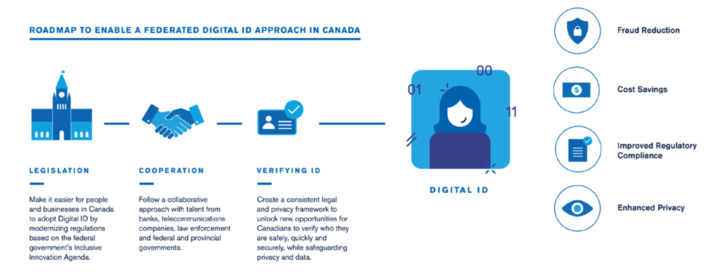


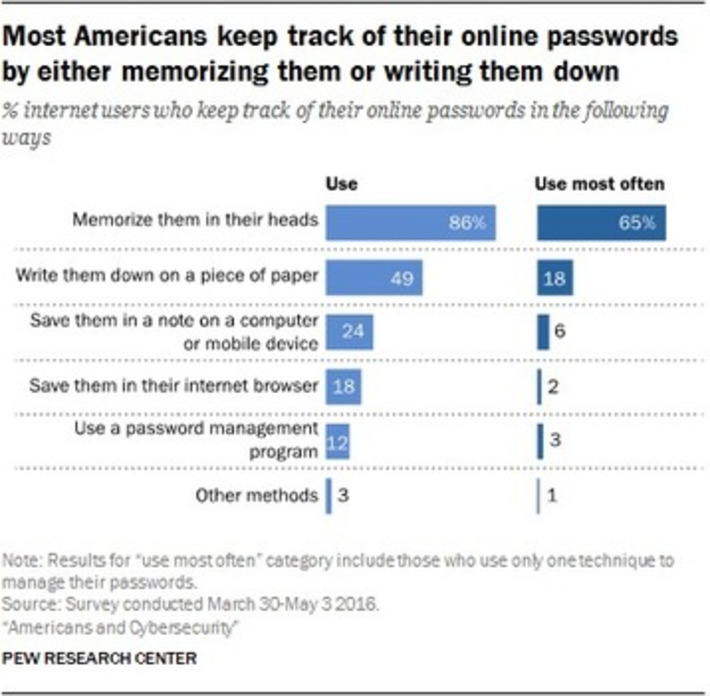

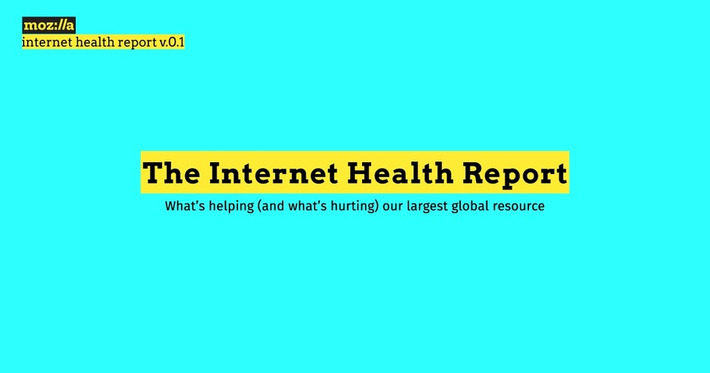
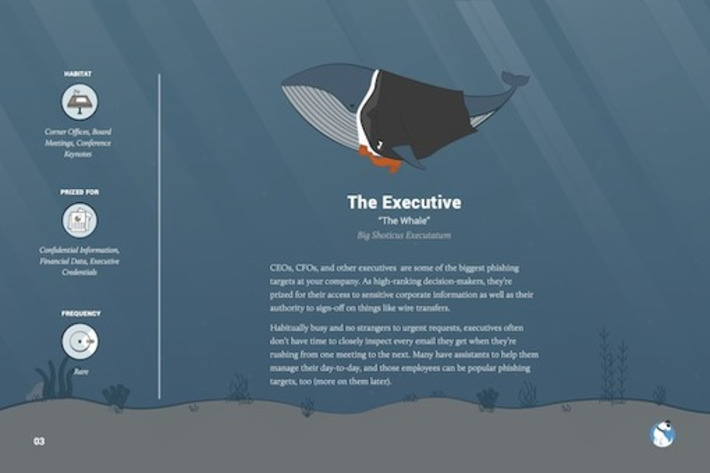

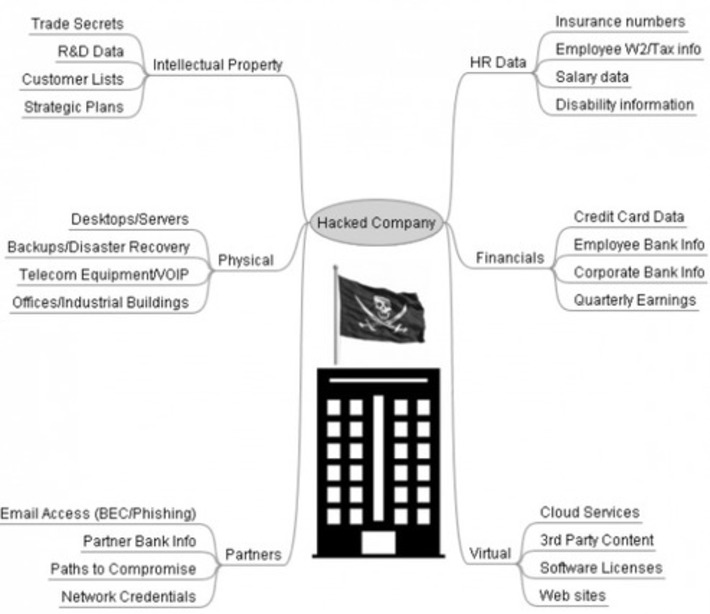
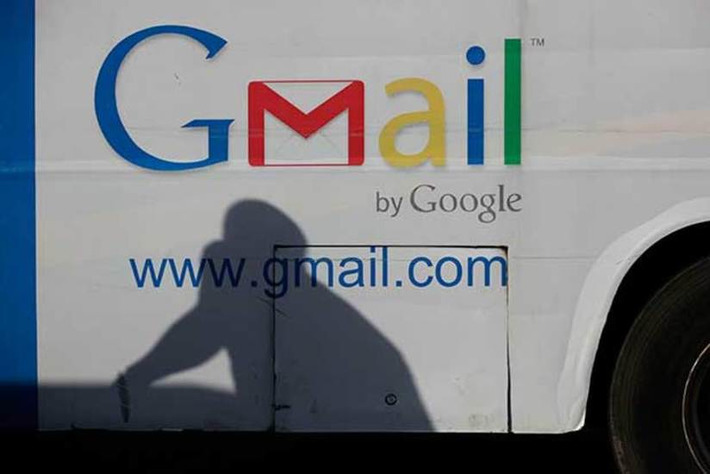
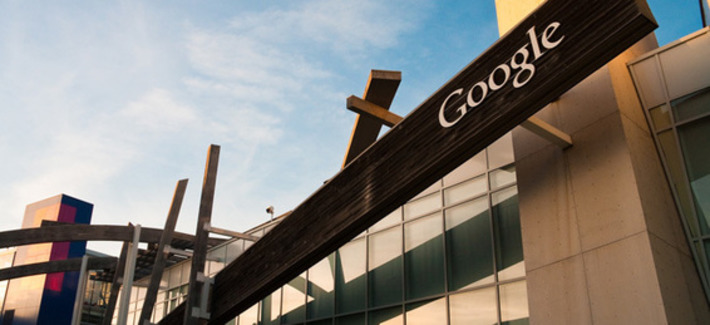
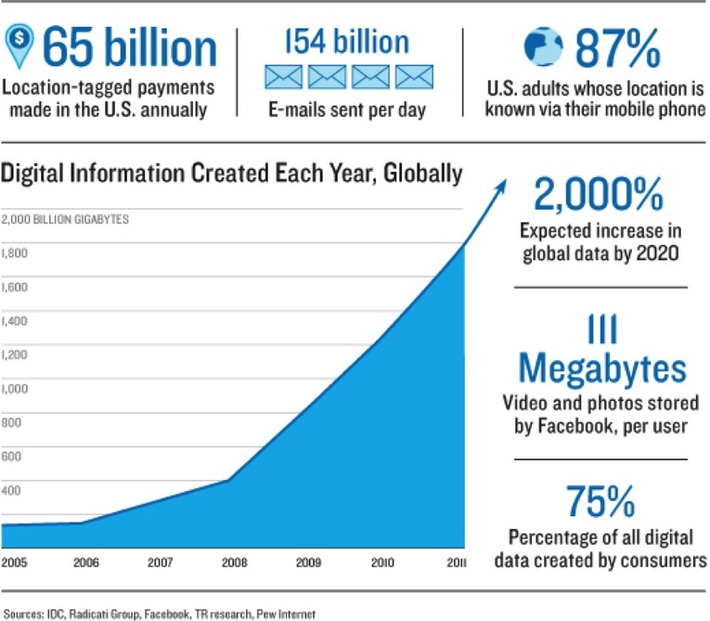
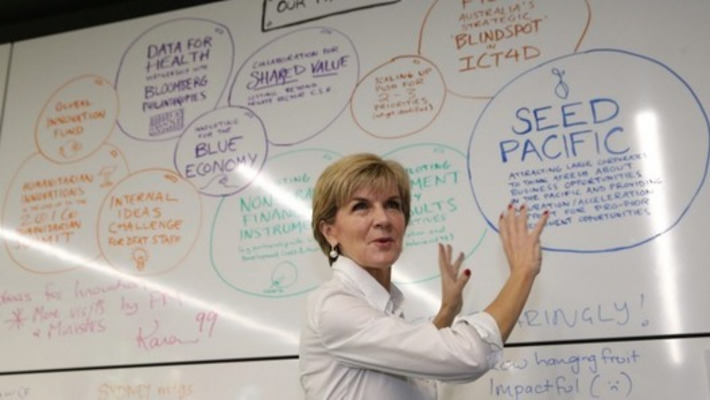


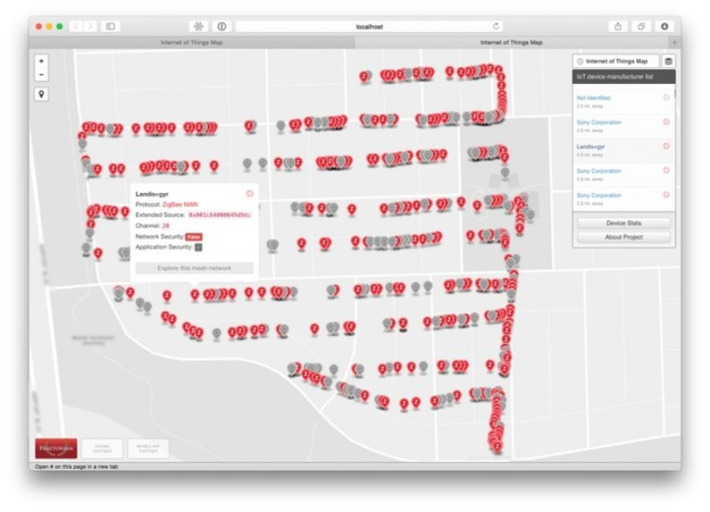
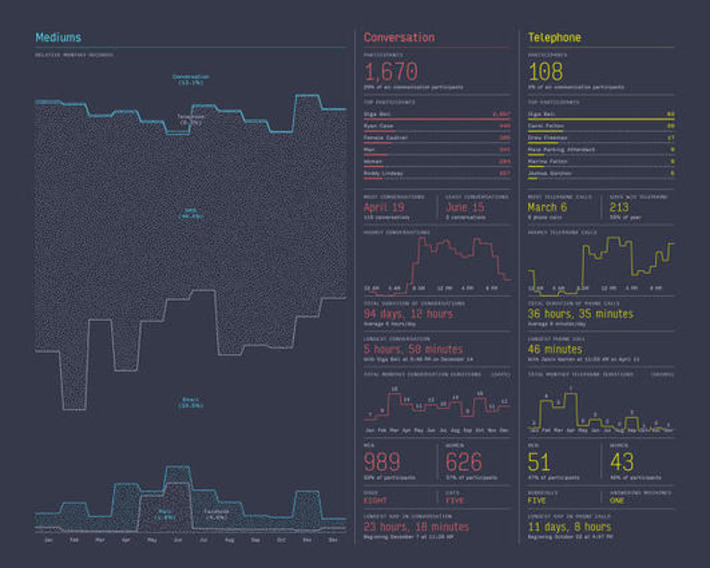








WHY IT MATTERS: facial recognition has many good use cases and this article explains in detail how tracking pig faces in China is one of them!